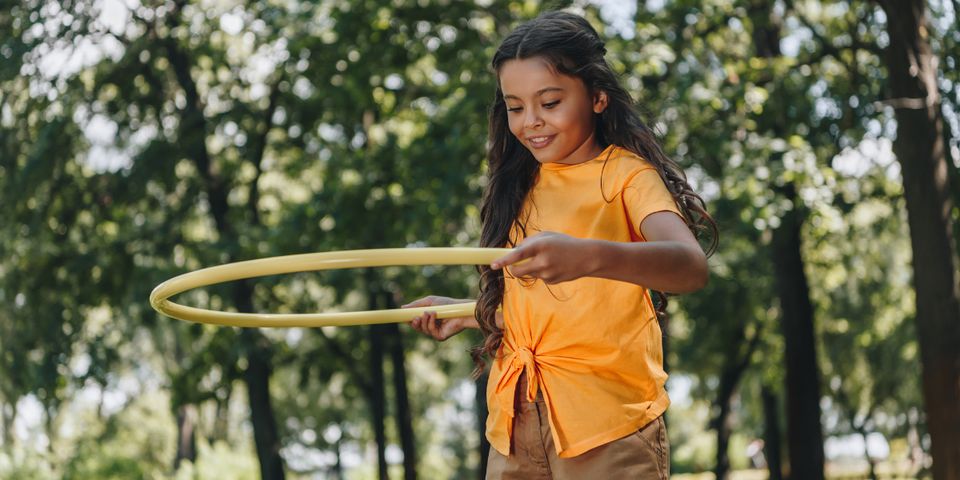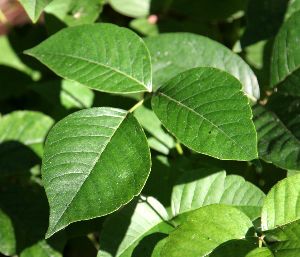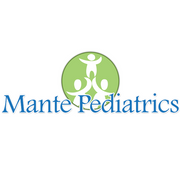
Poison ivy is one of the most well-known toxic plants in the continental U.S., typically producing an itchy, painful rash when it makes contact with human skin. Rashes develop because of urushiol, an oily sap the plant produces that causes skin redness, blistering, and swelling. If your child gets exposed to poison ivy, knowing what skin treatments and other practices to employ may reduce the odds of a severe rash. Here's a look at what you should do, including when to seek pediatric care.
What Steps Should You Take Right Away to Counter Poison Ivy?
Wash the affected area as soon as possible using lukewarm, soapy water. Hot water opens the pores, allowing the urushiol to penetrate the skin more, and harsh detergents and scrubbing actions may irritate the skin further.
Dry your child’s skin gently, then launder the clothes and shoes they wore upon exposure to rinse the irritating oil away. This is an important step because urushiol can remain active on fabrics for many months. Keep checking for exposure symptoms, including swollen, blistered skin.
What Treatments Help the Rash?

Help your child avoid scratching their rash with cold water or colloidal oatmeal baths. Oatmeal is especially helpful since it soothes red, irritated skin with its anti-inflammatory properties.
You can also apply calamine lotion three to four times daily to reduce itching sensations or use apple cider vinegar as a skin treatment. The vinegar removes any urushiol still on the skin while also relieving itching and discomfort.
When Should They Visit the Doctor?
Visit the local pediatric care center if the rash worsens despite skin treatments, such as blisters that ooze and crust over, indicating infection. Also, see a doctor if your child has had previous severe reactions to poison ivy, can't sleep or use the bathroom properly because of the rash, or develops a fever.
A severe rash on the face or a large part of the body also warrants professional attention, as does burned poison ivy smoke inhalation that can cause serious throat and lung inflammation that makes breathing challenging and painful. The pediatrician will assess the rash and potentially prescribe oral medications and hydrocortisone-based skin treatments that eradicate symptoms, including corticosteroids for inhalation reactions.
Take your child to Mante Pediatrics if they're experiencing a severe or lingering poison ivy reaction. The pediatrics center provides a wide range of skin treatments, among many other services that keep kids healthy and happy in the Rock Hill and Chester, SC, areas. Call (803) 385-2075 today to make an appointment or visit the website for pediatric care information.
About the Business
Have a question? Ask the experts!
Send your question

